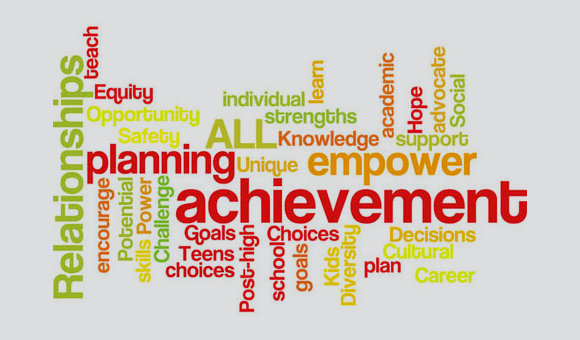A school will always be a reflection of the world outside its walls. In an international school like SIS, that means quite literally the world. Young people in Primary and Middle School years are developing their social skills, their understanding of the world, and their emotional capacity to cope with a wide range of circumstances, as well as learning in the classroom. Add a layer of cultural displacement and exposure to the different backgrounds of their peers, and it’s easy to see that those young people have a lot to cope with.
That’s why at SIS we place a great emphasis on student well-being and why, alongside what our students learn in the classroom, we provide counselling services to help our students make sense of the world and develop confidence and empathy.
Maria-Laura Iturralde is the counsellor for Primary School. ‘Well-being isn’t a single, perfect state’ she says, ‘Nor is it the case that well-being means that a student has no worries, which people are often quick to assume. Rather, it’s about instilling in our students the resilience they need to cope. Supporting them to feel comfortable and confident in dealing with the things they encounter – in their experience, in their world.’
Of course, as students grow older, ‘their world’ expands, and they become increasingly aware of influences that lie outside the school and their family life. Emma Buncic counsels students in the Middle School: ‘In Middle School it takes more time to investigate a student’s issues. They tend to be more complex or more severe as they grow older.’
In part, this follows from the more sophisticated social networks that the students develop. ‘Students develop their own systems and peer-to-peer expectations’ she explains, ‘They will originate their own behavioural expectations of each other, for example not to ‘snitch’, and groups will bond around certain behaviours that can be quite negative and hostile to others.’
Addressing issues
When negative or hostile episodes occur, how do counsellors address issues both for the perpetrator and for the victims of negative behaviour? ‘It’s important to remember that you cannot take a one-size-fits-all approach. Though as counsellors we have processes we work through, it’s important that each case is assessed individually, says Emma. ‘Every student is a product of influences at home, within the family, and in the wider world. That will be different for each student, so it’s crucial to engage with their specific circumstances.’
The SIS counsellors liaise regularly to share thoughts on the School’s counselling support, and this also allows them to track students moving from Primary School to Middle School. ‘As well as being responsive we need to be proactive in monitoring our students, as they will not always be forthcoming about troubles they may have or even recognise they exist. We also work closely with teachers who may identify issues at an early stage’ says Maria-Laura.
Behavioural traits can often provide clues to troubles a student might be experiencing. Behaving differently in school compared to outside school, or being unusually quiet and withdrawn for example; these might be symptoms of being bullied or some other social pressure. And in such cases, the students causing distress to their peers may be in danger of crossing a legal boundary that obliges the School to involve the police or social services.
‘In all instances where issues are reported or we recognise issues that need to be dealt with, parents can rest assured the School will respond immediately’ asserts Emma. ‘We take a methodical and systemic approach while tailoring our response to the specific circumstances. In that way, we can best support our students to raise their self-awareness and aid them in finding coping strategies as they develop as young people.’
Being thorough
It’s clear though that taking such an individually-focused approach is one of the reasons why dealing with issues can take time, creating the impression that they are going unresolved. This can be frustrating, but a thorough examination of every episode is essential for students to feel listened to and to accept guidance and advice.
‘As counsellors, teachers, and parents we all need to ask ourselves “how do our children learn how to behave, and are we listening to them, and watching their behaviour for signs that they are struggling to cope?”’ concludes Maria-Laura. ‘By doing so, and really hearing what they have to tell us, we can help them mature into teenagers and young adults with resilience, emotional intelligence, and positive attitudes about the world and those around them.’










